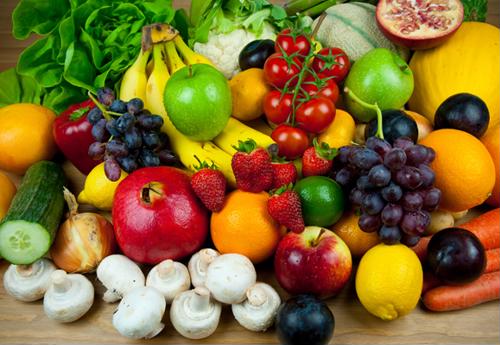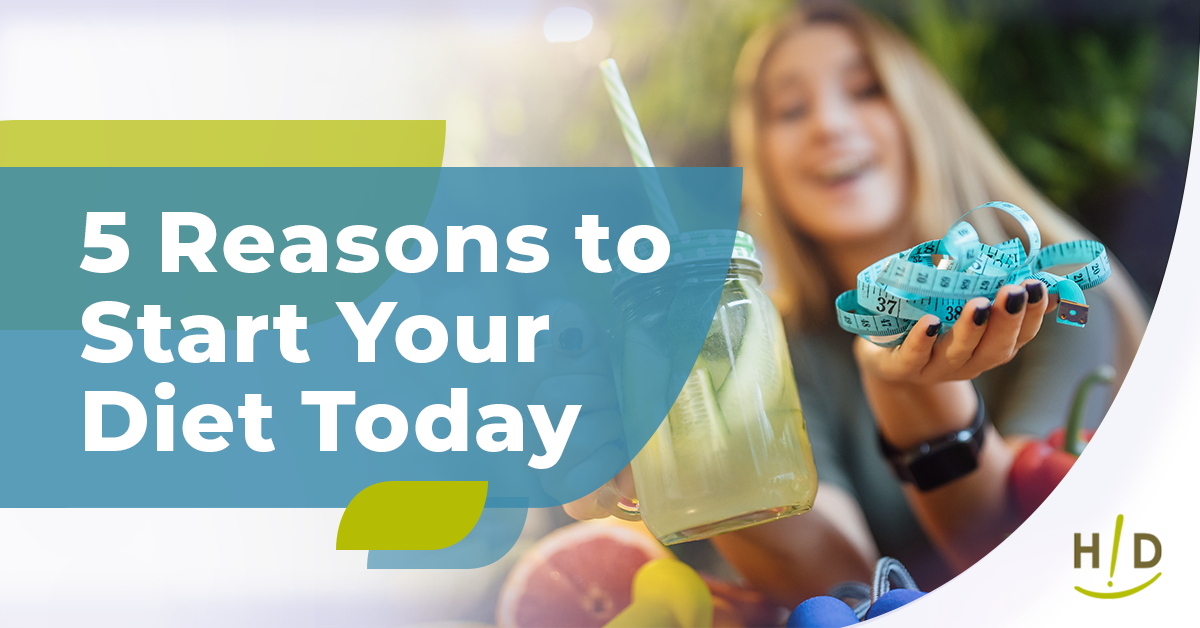The liver is one of the many powerhouses within our digestive system that works to keep our bodies healthy and active. Our livers metabolize almost every substance we come in contact with, from what we drink and eat, to what we absorb through our skin, and even what we inhale.
Many of us may not think much about our liver unless issues arise that require lifestyle changes or a need to manage our liver health with medication. To avoid health issues with your liver, one of the best ways to prevent and fight liver diseases is to avoid them altogether by protecting your liver.
What Do Our Livers Do?
The liver is located in the upper right-hand portion of our abdominal cavity, beneath our diaphragms, on top of the stomach, right kidney, and intestines. The liver is shaped like a cone and is supplied blood by two distinct sources: oxygenated blood flows in from the hepatic artery, and nutrient-rich blood flows in from the hepatic portal vein.
At any given time, our livers hold 1 pint, roughly 13% of our entire body's worth of blood supply. The liver consists of two main lobes, with each lobe made up of 8 segments that consist of 1,000 smaller lobes. These lobes, or lobules, are small ducts or tubes connecting to larger ducts that form the common hepatic duct. The common hepatic duct transports the bile made by the liver cells to the gallbladder and duodenum of the small intestine via the common bile duct.
Our livers regulate most of the chemical levels in our blood and excrete a bile product. Bile helps carry away waste products from the liver. All of the blood leaving the stomach and intestines pass through our livers, where the livers process the blood, break it down, balance it, and create the nutrients and metabolize drugs into forms that are easier for the rest of our bodies to use. Over 500 vital functions (1) have been discovered and identified with the liver, including:
- Bile production, carrying away waste and breaking down fats in the small intestine during digestion
- Producing specific proteins for blood plasma
- Creation of cholesterol and proteins to help carry fats through the body
- Converting excess glucose into glycogen for storage, which can be converted back to glucose for energy later, and balancing glucose as needed
- Balancing blood levels of amino acids, the building blocks of proteins
- Production of hemoglobin for carrying oxygen throughout the whole body
- Conversion of poisonous ammonia to urea. Urea is the end product of protein metabolism and is excreted in urine
- Clearing the blood of drugs or other toxic substances
- Regulates blood clotting
- Creates immune factors by removing bacteria from the bloodstream, helping to resist infections
- Clears bilirubin from red blood cells. The accumulation of bilirubin turns the skin and eyes yellow
4 Ways We Can Protect Our Liver Now
One of the most common misunderstandings about liver disease is that it only affects those who drink too much alcohol. While drinking too much can affect your liver, it's also possible to be born with liver disease. We can also develop liver diseases due to diet, contracting it from a virus, or getting it through prolonged exposure to toxins.
The most widespread form of chronic liver disease is known as NAFLD, or non-alcoholic fatty liver disease. The American Liver Foundation estimates that approximately 25% of adults in the United States have NAFLD, with 20% having the more severe form of NAFLD called NASH, or Non-alcoholic steatohepatitis. (2)
Here are four ways you can protect your liver right now, avoid issues in the future, and how you maintain optimal liver function.
-
Maintain a Healthy Weight and Diet
Maintaining a healthy weight and eating healthful, nutrient-packed foods is one of the best things you can do for your entire body, including your liver. Avoid, if possible, or moderate:
- Fried foods, fast food meals, takeout meals, ultra-processed foods. These foods are very high in unhealthy fat
- Low fiber, highly processed bread, pasta, cakes, and baked goods. Limit your starch intake
- Limit sugar. Cutting back on sugary foods may help reduce stress on your liver
- Lower your salt intake by avoiding canned meats, , deli meats, bacon and canned vegetables with a high salt content.
-
Learn to Control Chronic Conditions
If you suffer from chronic health conditions such as diabetes, high blood pressure, and high cholesterol, these are major risk factors for liver disease. Learning to control, improve and potentially reverse these conditions if possible by following a healthy diet, staying active, eating right, and following your doctor’s advice can help improve your liver health. -
Regular Exercise or Activity
Moving your body or exercising at a moderate intensity 3-4 times a week can help your body become more efficient at burning body fat, particularly triglycerides, for fuel. Along with helping you lose weight and keep it off, regular activity can help reduce liver fat. -
Consider a cup or two of Coffee
For many people drinking a large cup or two of coffee in the morning helps them wake up, but did you know that evidence is accumulating that coffee actually has health benefits for liver health? On March 22nd, 2022, a study on elevated coffee consumption published in the National Library of Medicine showed a strong connection between coffee and a lower risk of liver fibrosis. (3)
Scientists also hypothesize that drinking coffee may even benefit those currently at risk of advanced liver disease. It looks like you may not need to use coffee enemas to get all of the liver benefits of coffee.
What else can you do to protect your liver? Wash your hands regularly to avoid germs that could infect your liver, especially right before you prepare food and always after using a washroom or changing a diaper, for example. Hepatitis A can be spread by contaminated hands touching food or water.
Are you ready to start changing your life and fall in love with food all over again? Hallelujah Diet is here and ready to help guide you to a better, more healthful you! Check out our fantastic resources to get started today.
Sources:
1. https://columbiasurgery.org/liver/liver-and-its-functions
2. https://liverfoundation.org/liver-diseases/fatty-liver-disease/nonalcoholic-steatohepatitis-nash/nash-definition-prevalence/
3. https://pubmed.ncbi.nlm.nih.gov/35124468/





